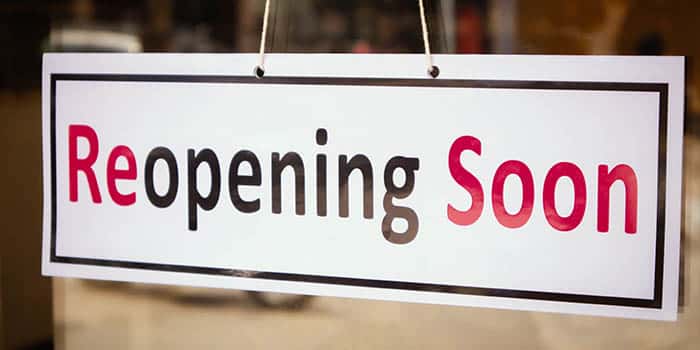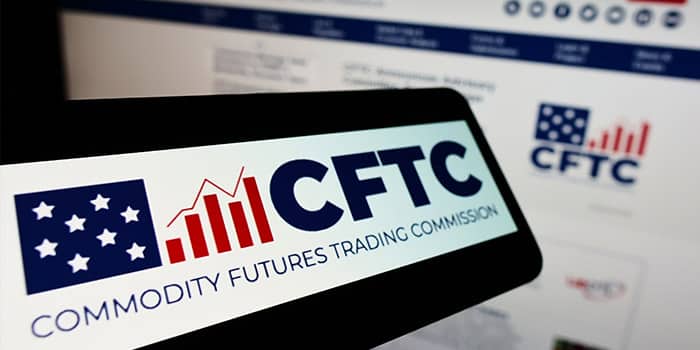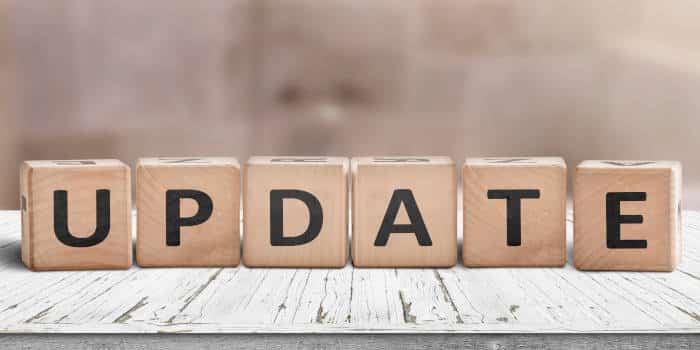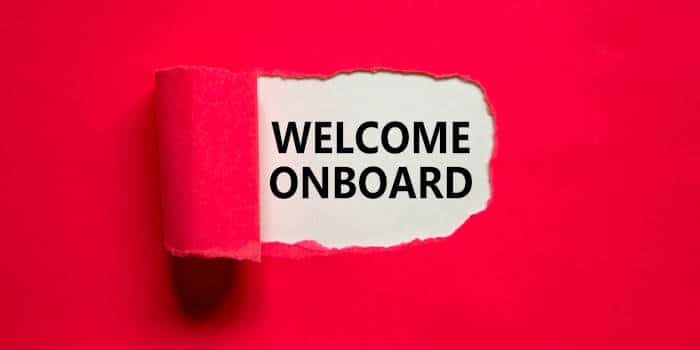- Casino
- By State
- Alabama
- Alaska
- Arizona
- Arkansas
- California
- Colorado
- Connecticut
- Delaware
- Georgia
- Florida
- Hawaii
- Idaho
- Illinois
- Indiana
- Iowa
- Kansas
- Kentucky
- Louisiana
- Maine
- Massachusetts
- Maryland
- Michigan
- Minnesota
- Mississippi
- Missouri
- Montana
- Nebraska
- Nevada
- New Hampshire
- New Jersey
- New Mexico
- New York
- North Carolina
- North Dakota
- Ohio
- Oklahoma
- Oregon
- Pennsylvania
- Rhode Island
- South Carolina
- South Dakota
- Tennessee
- Texas
- Utah
- Vermont
- Virginia
- Washington
- West Virginia
- Wisconsin
- Wyoming
- By State
- Slots
- Poker
- Sports
- Esports
In 2020 State-Owned Casinos’ Revenue Plummets in Kansas

Impacted by a two-month closure due to the COVID-19 pandemic and reduced capacity, the state-owned casinos’ revenue in Kansas plummeted in 2020. While the revenue plummeted, the operators had to invest more on sanitation equipment and improve cleaning protocols.
State-Owned Casinos’ Revenue Decreases in 2020
According to state regulations in Kansas, gambling activities are only permitted via Native American operators or through the state Lottery. Undoubtedly, last year proved to be difficult for both tribal casinos and state-owned casinos. In 2019, the four state-owned casinos in Kansas City, Dodge City, Pittsburg, and Mulvane hit $416 million in revenue. Comparing this to last year, we observe a year-on-year revenue decrease of 28%. Last year, the total revenue of the four casinos plummeted to $300 million.
One of the main factors that negatively impacted the revenue was the COVID-19 pandemic. Back in March 2020, the gambling venues in the state were closed due to the pandemic. Two months later, in mid-May, the venues were allowed to reopen, but at reduced capacity. It is precisely the combination of reduced capacity and the two months of closed doors that severely impacted the revenues of all Kansas operators.
During the Pandemic, Expenses Increased but Revenue Decreased
According to the Wichita Eagle, in 2020, the Hollywood Casino in Kansas City marked the biggest revenue decline. In 2019, the casino hit $152.8 million in revenue. In contrast, last year, a decline of 35% was observed with revenue halting at $99.4 million.
Furthermore, the Kansas Star Casino in Mulvane also saw a revenue decline in 2020. The venue’s revenue hit $141.4 million in 2020, marking a decrease of more than 24%. In contrast, back in 2019, the Kansas Star reached $186.4 million in revenue.
Besides the severely impacted revenue, Kansas operators, similar to other states, had to invest in additional cleaning supplies and sanitization equipment. Furthermore, the operators had to install plastic spacers, supply masks, and introduce enhanced cleaning protocols, which added additional expenses for man-hours.
However, the impact of the pandemic wasn’t felt only by the gambling operators in Kansas. A decrease in gaming revenue translates to fewer tax funds for the state and local governments. With that in mind, such gambling tax revenue may prove to be vital for the recovery of Kansas as well as other U.S. states that suffered from the devastating hit of the COVID-19 pandemic.
Jerome brings a wealth of journalistic experience within the iGaming sector. His interest in the industry began after graduating from college, where he regularly participated in local poker tournaments. This exposure led him to the growing popularity of online poker and casino rooms. Jerome now channels all the knowledge he's accrued to fuel his passion for journalism, providing our team with the latest scoops online.
Must Read
Casino
July 8, 2025
WinStar Casino Shooting Suspect Still Missing
More Articles






Casino
July 14, 2025
Number of Canadian Travelers to the US Slumps Again

Industry
July 14, 2025
Senate Blocks Attempt to Reverse Gambling Tax Rule
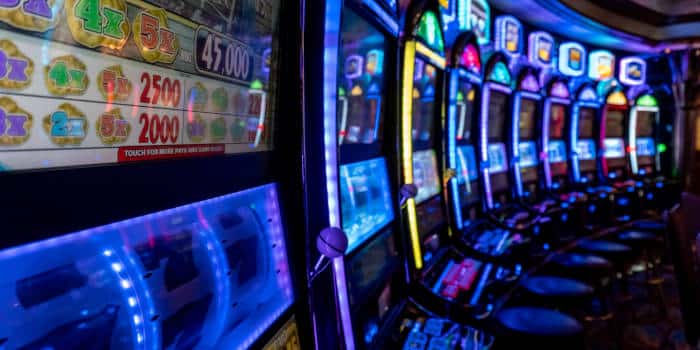
Casino
July 11, 2025
IGT Reveals Multiple Jackpots Throughout June
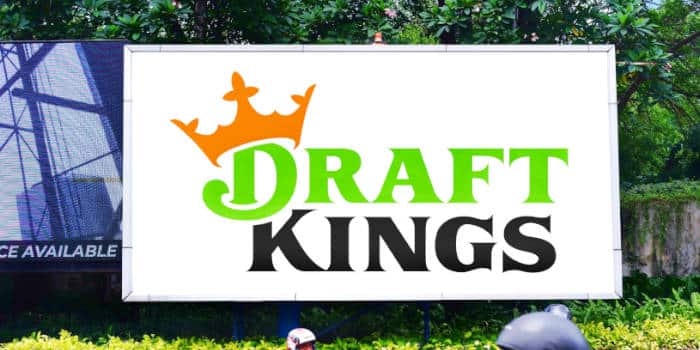
Sports
July 11, 2025
DraftKings to Give Back Over $3M to Connecticut Users
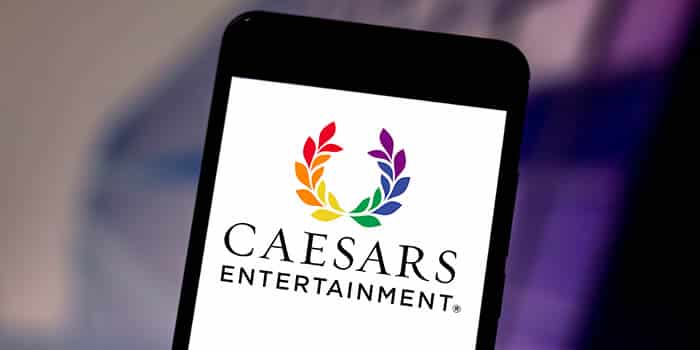
Casino
July 11, 2025
Caesars Introduces Digital Wallet in Nevada


